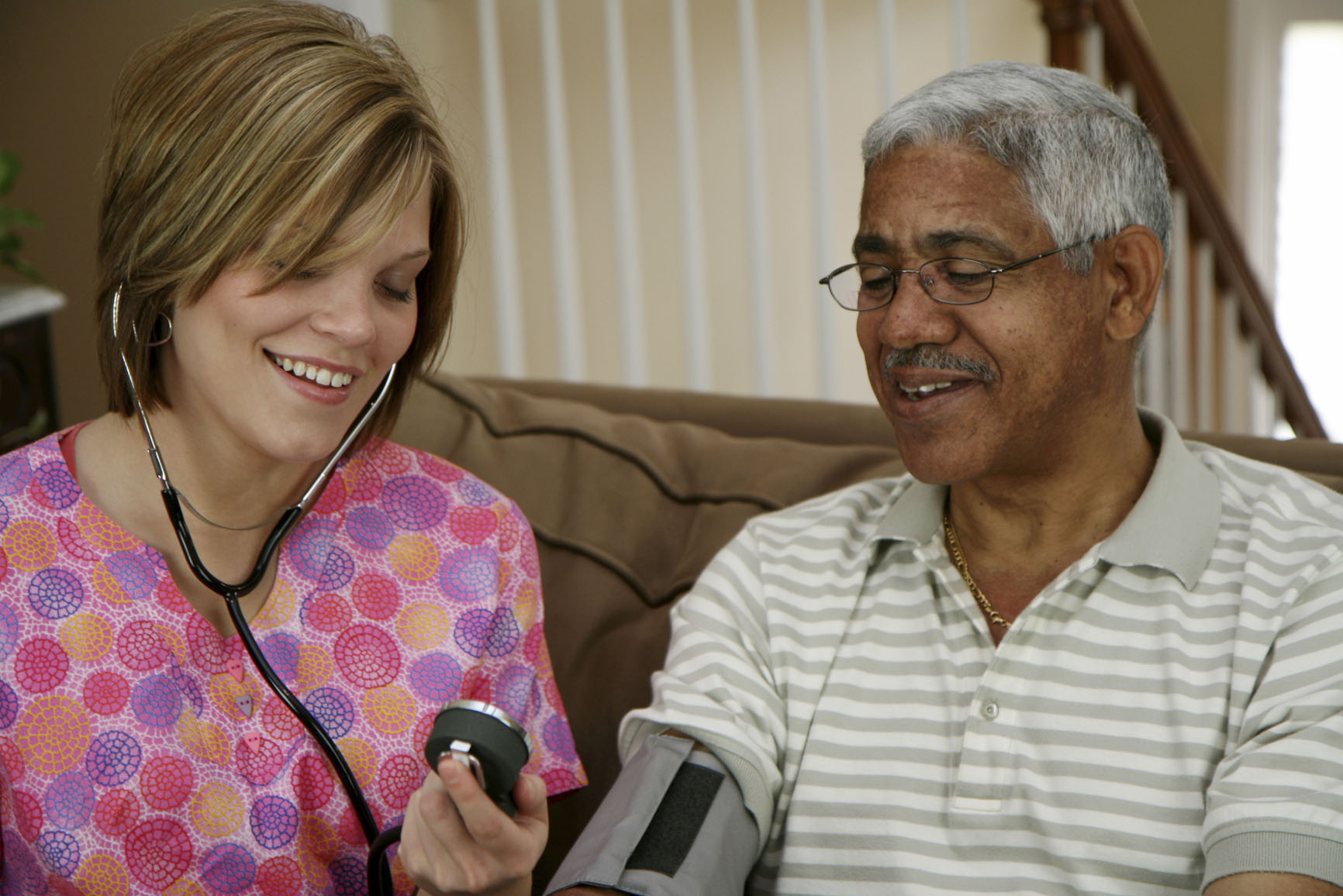About Kidney Disease
WHAT IS KIDNEY DISEASE?
Kidney disease is a term used by doctors to include any problem with the kidneys, even if there is only slight, temporary damage – for example, if someone gets a urinary infection that spreads.
Kidney disease is relatively common. In fact, one in ten of us may have some reduction in kidney function.
If a person’s kidney damage is more likely to be permanent or get worse over time, it is known as Chronic Kidney Disease (CKD). ‘Chronic’ means ‘longer lasting’, rather than severe. The condition is also broken down into stages 1-5, depending on the level of kidney damage and the percentage of kidney function left.
Sometimes people’s kidneys can suddenly develop problems. This is known medically as Acute Kidney Injury (AKI). ‘Acute’ means ‘sudden’, rather than referring to how severe the problem is, while ‘injury’ means any form of upset, not just physical injury.
HOW DOES KIDNEY DISEASE AFFECT YOUR BODY?
Kidney disease is varied and complex, with many types of conditions, treatments and scales of illness (ranging from temporary, minor ailments to those that are life-threatening).
Kidney disease can affect the body in several different ways
KIDNEY DAMAGE AND HIGH BLOOD PRESSURE
The kidneys help to control blood pressure, so many forms of kidney damage can cause high blood pressure. High blood pressure can also contribute to progressive kidney damage, so this can be a vicious cycle.
ANAEMIA
The kidneys create a hormone called erythropoietin, which helps your bone marrow to make red blood cells. If your kidneys start to work less, then not enough of this hormone is produced and the number of red blood cells being made will fall, resulting in anaemia – a low blood count.
BONE AND MUSCLE WEAKNESS
Healthy kidneys ‘activate’ Vitamin D (which we get from sunlight and some foods). Activated Vitamin D is used to maintain normal bone structure and make our muscles work properly. Advanced kidney disease reduces the amount of activated vitamin D in the system. This can cause bone disease, increasing the risk of fractures and bone pain, and can sometimes cause muscle weakness.




